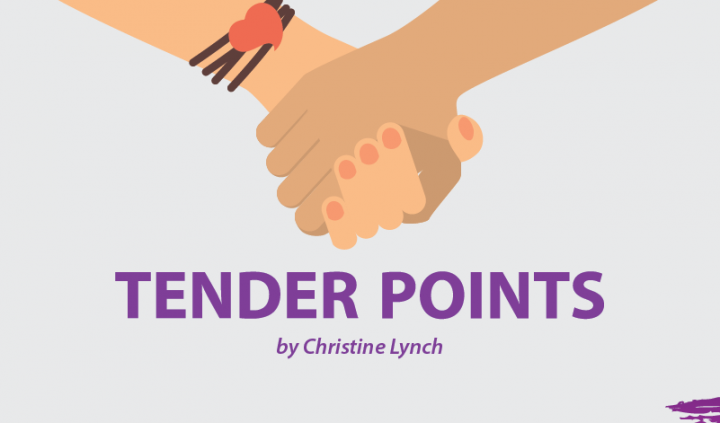If you’re lucky enough to have a fibromyalgia support group where you live, you’re lucky enough! However, be aware that support groups vary greatly. Hospitals often sponsor the best ones. The staff can be helpful in scheduling speakers to attend meetings and providing accurate, relevant information.
The useful groups keep you informed and offer true support. Others can be nothing more than gripe sessions that often dissolve into doctor bashing. Attending one of these meetings can leave you feeling drained and hopeless. The common cause is usually lack of leadership. Folks who have the illness themselves often lead these groups out of necessity. No one else is willing to do it.
Patient leadership, in itself, is not a bad thing. The current state of health of the leader, or leaders, determines the quality of the programming and the group’s very existence. I know, as I have led such a group myself. The most important thing I learned from my experience is the importance of having a co-leader. Chances are, both of you won’t be having a flare at the same time.
I currently participate in a rather unique group. It is wonderfully led by the caring husband of one of our members. Not ill himself, he selflessly devotes his time and energy into providing a wonderful resource for his wife and her fellow fibromites.
If you’ve never participated in a support group, you’re probably wondering what such a group can do for you. There are two main benefits. The first involves people. The second involves education.
People:
- Support groups provide an opportunity to interact with people like you. Yes, it’s true! Misery does love company. Living in a world mostly populated by healthy people can be very lonely for someone with a chronic illness. Old friends drift away after our numerous cancellations due to the sudden onset of symptoms, but new friendships form easily with people who live with the same challenges we face every day.
- Attending a meeting can be a reason to get out of the house and go to a place where nothing is expected of you. It’s a place where you will be accepted — problems and all.
- I feel that a support group is successful to the degree it instills a feeling of “family” in the group. When helping each other becomes the central focus, the group truly provides “support.” Interpersonal support need not end when the meetings end. Some groups connect with each other between meetings, by phone if not in person. Some employ a “buddy system” in which people pair off and call their partner on alternate days of the week to offer encouragement and reinforce the other’s healing practices.
Education:
- Learn how other people cope with the same situations you face each day.
- This is particularly helpful if you have been recently diagnosed and are bewildered by all the confusion and ambiguity surrounding this illness.
- Learn about new products that are available to help you feel better or make your life easier.
- Learn results of new research to discuss with your doctor and incorporate into your own treatment plan.
If you don’t currently have a support group and would like to try one, here are some suggestions for finding a group where you live.
- The National Fibromyalgia & Chronic Pain Association’s website provides a geographic listing of groups.
- The American Chronic Pain Association has an online list of groups by state.
- The ProHealth website has a support group finder where you can search by city, state, or ailment. They also have a chat room you can join.
- The Arthritis Foundation sponsors groups in many areas and may be willing to help you start a group of your own. They also train support group leaders. Contact them at their website.
- Check with your own doctor as well as with other general practice and rheumatology offices in your area. Also check with area hospitals, the library, and local newspapers.
- Keep in mind that although the name may indicate that a particular group is just for chronic fatigue, chronic pain, chronic illness, arthritis, or something similar, most groups are open to anyone with a related illness. If you have any doubts, call the contact person and ask. If that group is not for you, he or she may know of another group that is.
If there are no support groups where you live, consider starting one of your own. In the sequel to my book, “Tender Points,” (look for it on Amazon in June 2018), I’ve included step-by-step instructions for forming a well-functioning, beneficial group. With even one additional FM sufferer to help you, the process is doable. It can also be the most rewarding thing you ever do.
***
Note: Fibromyalgia News Today is strictly a news and information website about the disease. It does not provide medical advice, diagnosis, or treatment. This content is not intended to be a substitute for professional medical advice, diagnosis, or treatment. Always seek the advice of your physician or other qualified health provider with any questions you may have regarding a medical condition. Never disregard professional medical advice or delay in seeking it because of something you have read on this website. The opinions expressed in this column are not those of Fibromyalgia News Today or its parent company, BioNews Services, and are intended to spark discussion about issues pertaining to fibromyalgia.


